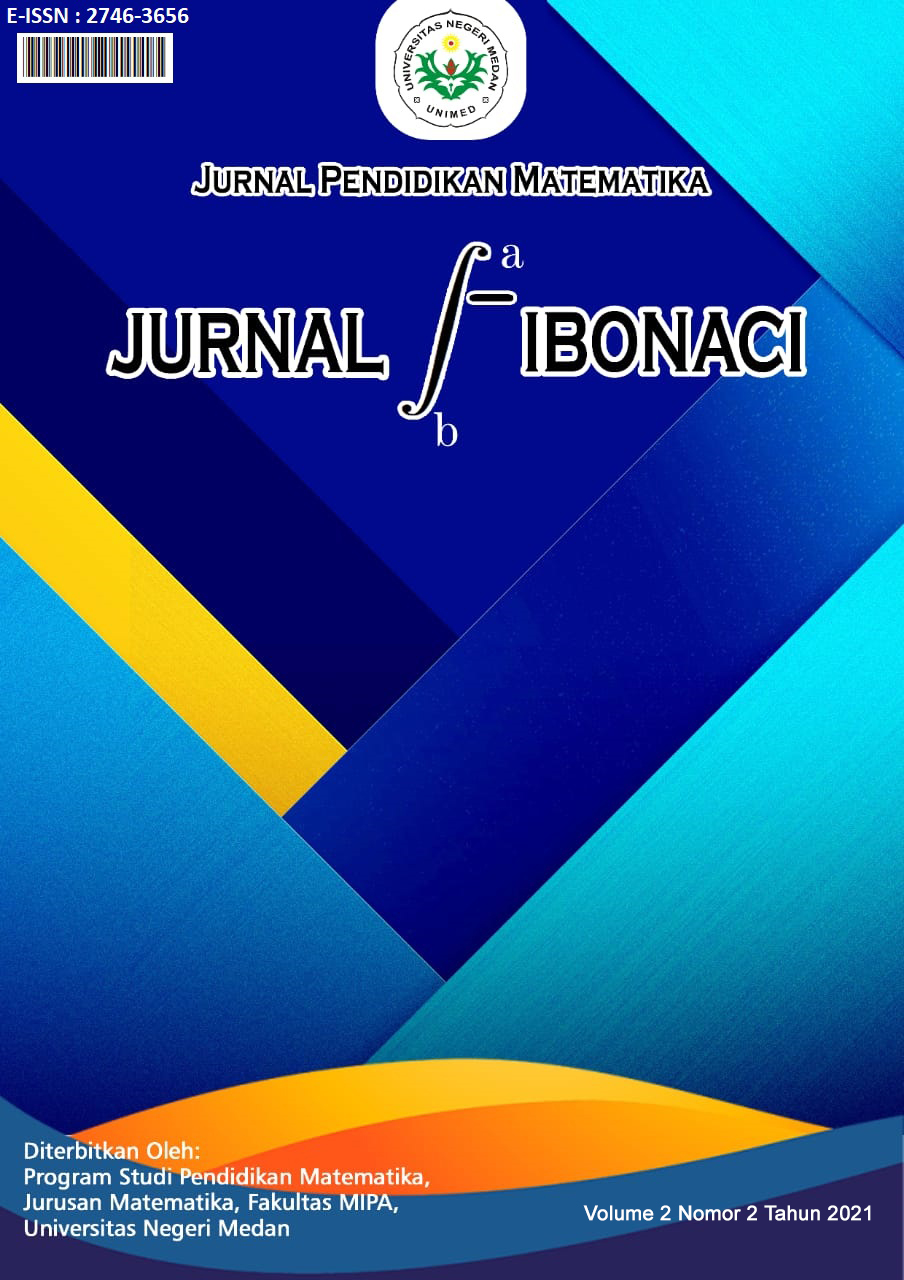Analysis of The Effect of Problem Based Learning on Mathematical Problem Solving Abilities Based Gender at SMP Negeri 1 Rantau Selatan
Main Article Content
Abstract
This study aims to : 1) describe what the students mathematical problem solving ability using problem based learning model better than using conventional method, 2) describe the differences in the mathematical problem solving ability between male and female using the problem based learning model. This research uses quantitative research. Type of research is a semi experiment/quasi experiment. This research conducted in SMP Negeri 1 Rantau Selatan, Labuhanbatu. The time of research conducted on second semester academic year 2020/2021. The research instrument instead to obtain a valid instrumen like validity test and realibility test. The result of the research are the mathematical problem solving ability of students who are taught using a problem based learning model is better than students who are taught using a conventional learning method. The mathematical problem solving ability of students who are taught by problem based learning model in female is better than the mathematical problem solving abilities of students in male. Gender can not affect to mathematical problem solving ability with uses problem based learning and conventional method
Article Details
Section
Articles

This work is licensed under a Creative Commons Attribution-NonCommercial-ShareAlike 4.0 International License.
Authors who publish articles in this journal agree to the following terms:
- Authors retain copyright of the article and grant the journal right of first publication with the work simultaneously licensed under a CC-BY-SA or The Creative Commons Attribution–ShareAlike License.
- Authors are able to enter into separate, additional contractual arrangements for the non-exclusive distribution of the journal's published version of the work (e.g., post it to an institutional repository or publish it in a book), with an acknowledgment of its initial publication in this journal.
- Authors are permitted and encouraged to post their work online (e.g., in institutional repositories or on their website) prior to and during the submission process, as it can lead to productive exchanges, as well as earlier and greater citation of published work (See The Effect of Open Access).
